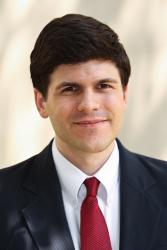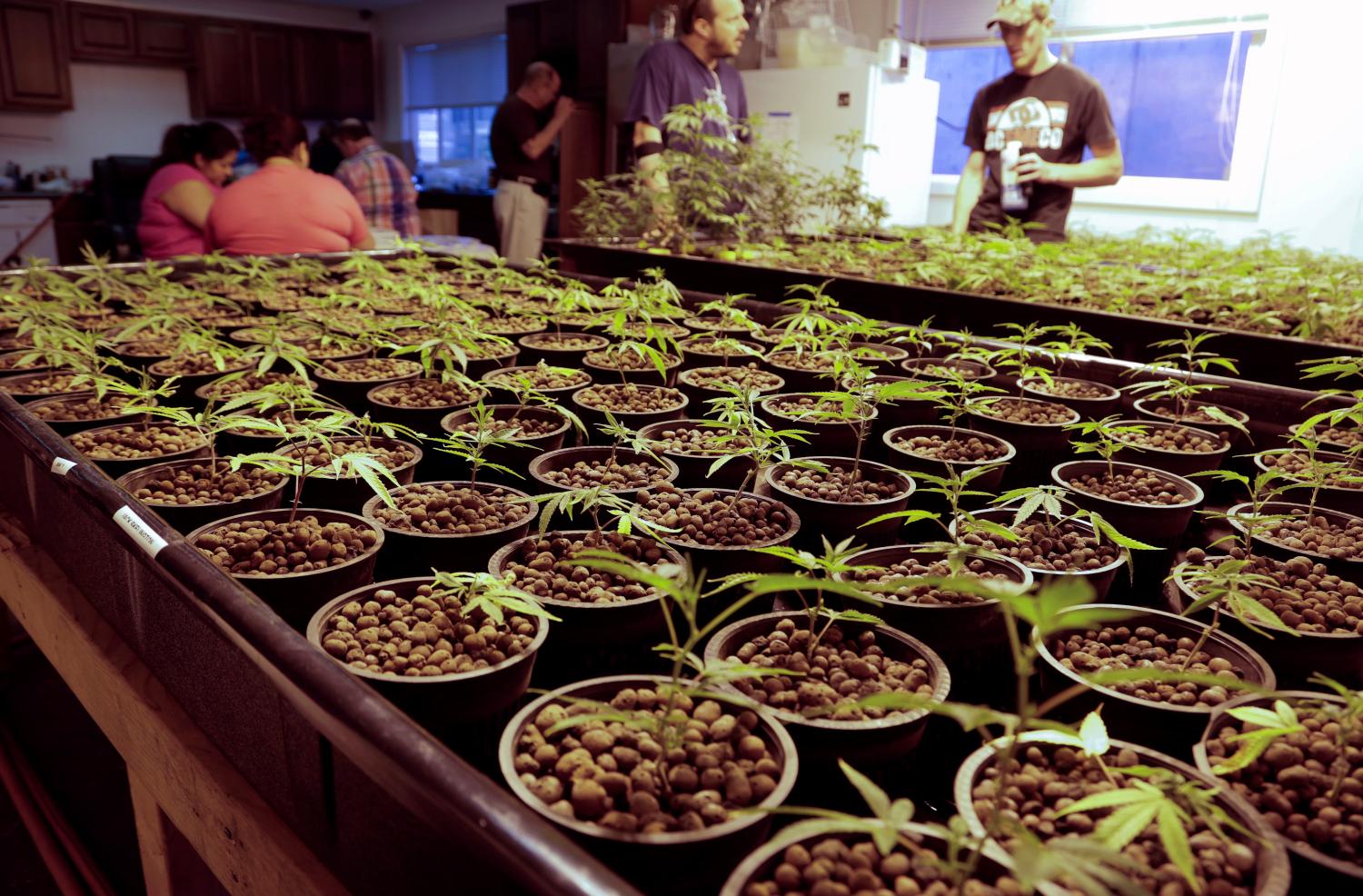Voters in Washington state decided in November 2012 to legalize marijuana in their state, inspired by a campaign that emphasized minimizing the drug’s social costs and tightly controlling the legal recreational market. Joined to this drug policy experiment is a second innovative experiment that emphasizes knowledge: the state will fund and develop tools necessary to understand the impact of legalization on Washington’s law enforcement officials, communities, and public health.
This second reform, though less heralded than the attention-grabbing fact of legalization, is in many ways just as bold. Washington’s government is taking its role as a laboratory of democracy very seriously, tuning up its laboratory equipment and devoting resources to tracking its experiment in an unusually meticulous way, with lessons that extend well beyond drug policy.
“Regulators, like the lay public, will think more clearly about an issue when they are informed by a steady stream of relatively rigorous data and findings.”
Brookings’ Philip Wallach interviewed advocates, researchers, and government policymakers in Washington to learn about the state’s novel approach. In this report, he highlights several noteworthy features:
- Building a funding source for research directly into the law: a portion of the excise tax revenues from marijuana sales will fund research on the reform’s effects and on how its social costs can be effectively mitigated.
- Bringing to bear many perspectives on legalization by coordinating research efforts across multiple state agencies, including the Department of Social and Health Services, the Department of Health, and the Liquor Control Board.
- Mandating a cost-benefit analysis by the state’s in-house think tank, which will be nearly unprecedented in its scope and duration.
Wallach makes a number of suggestions to ensure that Washington’s knowledge experiment can be made to work, including:
- Ensure political independence for researchers, both by pressuring politicians to allow them to do their work and by encouraging the researchers themselves to refrain from making political recommendations
- Gather and translate research into forms usable by policymakers
- Counter misinformation with claims of confident uncertainty
- Have realistic expectations about the timeline for empirical learning, which means cultivating patience over the next few years
- Specify which reliable metrics would indicate success or failure of legalization
“While Colorado is justifiably garnering headlines with its ambitiously rapid (and, in many respects, impressive) legalization rollout, there is a case to be made that Washington is undertaking the more radical and far-reaching reform.”




